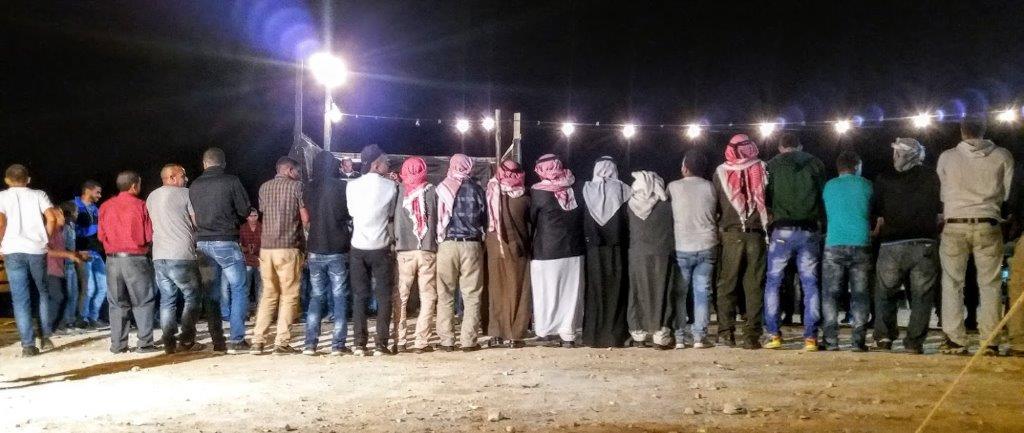
Having credits or debts of all kinds in relation to friends and family members is part of the Palestinian Bedouin social system. Thus, Bashar would go out of his way to assist someone financially, as he did in the occasion in which he helped financing the wedding of a friend. One can see the flexibility as regarding finances also in the workplace. Payments to the garage are often dependent on the financial possibilities or relationship with the client, and not necessarily timely. Moreover, payments are not always in money. Occasionally, clients pay for the repair of their car in goods, like a cellular phone, or a watch.
For the Palestinian or Bedouin, the understandings around sharing of finances are in sharp contrast with those in the Netherlands: “I will do you a favor, and when time comes, you’ll return it”. This understanding is so much part of the culture, that Bedouins may take affront when you would not allow them to go through great pains for you. Comparable to the Western notion of favors, also among the Bedouins favors tend to come with strings attached, which is the main reason for me to dislike being done favors. Moreover, this notion of favors is transferable between people. For instance, in the garage Bashar (or one of his workers) could go through great efforts – financial or time-wise – for a friend of mine. Such an effort then would be considered a personal favor for me.
What makes the issue of financing even more complicated in a friendship is the difference in resources. Among the Bedouins, the richer person is often expected to pay for the poorer person. A foreigner is by definition perceived as rich. I believe I actually was the richer individual in many social situations. Nevertheless, there were more than a few situations in which Palestinians attended who were well to do and possibly wealthier than me. As a foreigner, I was perceived as affluent, and the expectations were likewise so that people occasionally asked me for money. In these cases, I needed to decide how much money to give, if at all, while it was often unclear to me whether I would get the money back or not.







